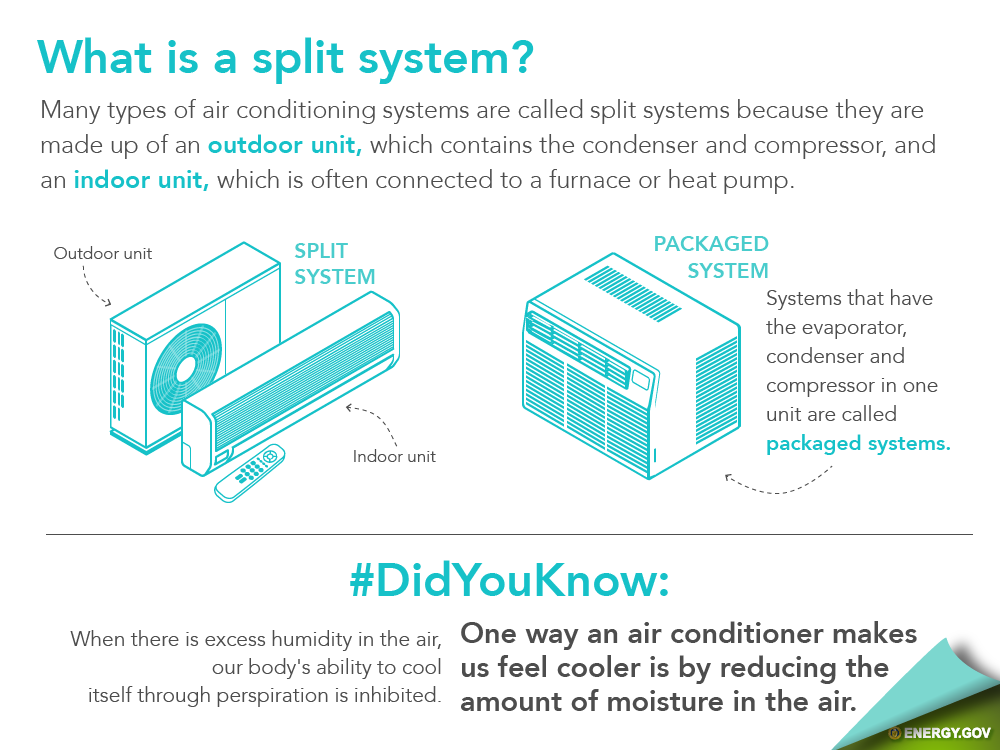The Future Of Home Heating - Exactly How Heatpump Innovation Is Evolving
The Future Of Home Heating - Exactly How Heatpump Innovation Is Evolving
Blog Article
Post Author-Merritt Kaae
Heat pumps will be an important modern technology for decarbonising heating. In a scenario consistent with governments' revealed energy and climate commitments, their worldwide ability increases by 2030, while their share in home heating rises to one-quarter.
They work best in well-insulated homes and rely on electricity, which can be provided from an eco-friendly power grid. Technological breakthroughs are making them extra reliable, smarter and cheaper.
Gas Cells
Heat pumps make use of a compressor, refrigerant, coils and fans to move the air and warmth in homes and home appliances. They can be powered by solar energy or power from the grid. They have been acquiring popularity due to their low cost, peaceful operation and the ability to produce electrical power throughout peak power need.
Some business, like IdaTech and BG MicroGen, are dealing with fuel cells for home heating. These microgenerators can replace a gas boiler and generate several of a house's electric needs with a link to the electrical energy grid for the remainder.
But there are reasons to be doubtful of using hydrogen for home heating, Rosenow says. It would certainly be expensive and ineffective contrasted to various other technologies, and it would contribute to carbon exhausts.
Smart and Connected Technologies
Smart home modern technology allows house owners to connect and manage their gadgets from another location with making use of smart device applications. As an example, wise thermostats can learn your home heating preferences and automatically adjust to optimize energy intake. Smart illumination systems can be controlled with voice commands and immediately switch off lights when you leave the room, decreasing power waste. And smart plugs can keep track of and manage your electrical usage, permitting you to determine and limit energy-hungry appliances.
The tech-savvy household depicted in Carina's interview is a good picture of exactly how occupants reconfigure room heating techniques in the light of brand-new clever home technologies. They count on the devices' automatic attributes to accomplish everyday modifications and regard them as a hassle-free means of performing their home heating practices. Because of this, they see no factor to adjust their practices further in order to enable adaptability in their home energy need, and treatments aiming at doing so may encounter resistance from these houses.
Electrical energy
Since heating up homes accounts for 13% people exhausts, a button to cleaner alternatives could make a big difference. Yet the innovation deals with difficulties: It's costly and calls for extensive home remodellings. And it's not always compatible with renewable resource sources, such as solar and wind.
Until lately, electrical heat pumps were also pricey to take on gas versions in many markets. But new technologies in style and materials are making them extra inexpensive. And far better cool climate performance is allowing them to function well even in subzero temperature levels.
The next step in decarbonising home heating might be using warmth networks, which draw warmth from a central resource, such as a close-by river or sea inlet, and distribute it to a network of homes or buildings. ventilation installation service christchurch would minimize carbon exhausts and enable families to make use of renewable energy, such as eco-friendly power from a grid provided by renewables. This choice would be less pricey than changing to hydrogen, a fossil fuel that requires brand-new framework and would just decrease carbon dioxide emissions by 5 percent if paired with enhanced home insulation.
Renewable resource
As electrical power rates go down, we're beginning to see the exact same pattern in home heating that has actually driven electric cars into the mainstream-- however at an even quicker rate. The strong environment instance for impressive homes has been pressed further by brand-new study.
Renewables make up a substantial share of modern heat usage, but have been provided restricted policy interest internationally contrasted to various other end-use fields-- and even less attention than electrical power has. In part, this reflects a mix of customer inertia, divided motivations and, in many nations, aids for fossil fuels.
New innovations could make the shift less complicated. As an example, heat pumps can be made much more energy efficient by changing old R-22 cooling agents with brand-new ones that don't have the high GWPs of their predecessors. Some experts likewise imagine area systems that attract warmth from a nearby river or sea inlet, like a Norwegian arm. see page can then be made use of for heating & cooling in a neighborhood.